Wines of South Africa (WoSA) has deepened its market presence in Kenya, with the country’s wine market projected growth being more than $1.5 billion (approximately Ksh193.755 billion) by 2030.
The not-for-profit organisation that promotes South African wines globally hosted a tasting showcase in Nairobi this week, reaffirming its commitment to strengthening the wine trade and cultural exchange between South Africa and East Africa’s leading economy.
Speaking at the event, WoSA Africa Market Manager Matome Mbatha reflected on Kenya’s transformation over the past decade from a basic wine-consuming nation into a fast-maturing, premium wine market.
“We’ve been doing groundwork here for over 10 years. Kenya is not just part of our strategy—it is our strategic focus,” Mbatha said.
The showcase featured immersive masterclasses, varietal tasting pods, and exclusive paired wine dinners.
Together, these experiences highlighted a wide range of premium South African wines now featured across Kenya’s expanding retail landscape.
Mbatha noted that Kenyan consumers are not only discovering wine, but they are also investing in it with knowledge and taste.
“Kenyans are now appreciating high-end wine and drinking it with confidence. We’ve seen growth not just in volumes, but in value, with a notable shift from entry-level to premium offerings,” he added.
Wine market in Kenya
According to StrategyHelix and other analysts, Kenya’s wine market is expected to grow from $950 million (approximately Ksh122.7 billion) in 2024 to more than Ksh193.755 billion by 2030.
This reflects an 8.5% compound annual growth rate (CAGR).
Notably, total consumption volume has remained steady—around 8,000 metric tons annually since 2019—suggesting that the market’s real growth is being driven by premiumization rather than bulk expansion.
Wines of South Africa, which promotes South African wines through education, marketing campaigns, trade shows, and strategic partnerships, attributes educational outreach to this evolution.
Alongside South Africa, Kenya now boasts robust wine training programs that target both hospitality professionals and individual enthusiasts—from sommeliers to doctors and lawyers pursuing deeper knowledge of viticulture.
This year also marks the centenary of Pinotage, South Africa’s signature grape varietal.
Beyers Truter, Chairperson of the Pinotage Association and often referred to as the “father of Pinotage,” led a masterclass dedicated to the wine’s unique heritage and growing international appeal.
“Pinotage is not just a South African grape; it’s an African grape. It’s soft, round, balanced—and it ages beautifully,” said Truter.
Also Read: How Kenyan Consumers’ Demand for Ultra-Premium Whiskeys Has Evolved [Exclusive]
Developed in 1925 by crossing Pinot Noir and Cinsaut, Pinotage now has a presence in North America, Canada, and Australia, further reflecting its rising global stature.
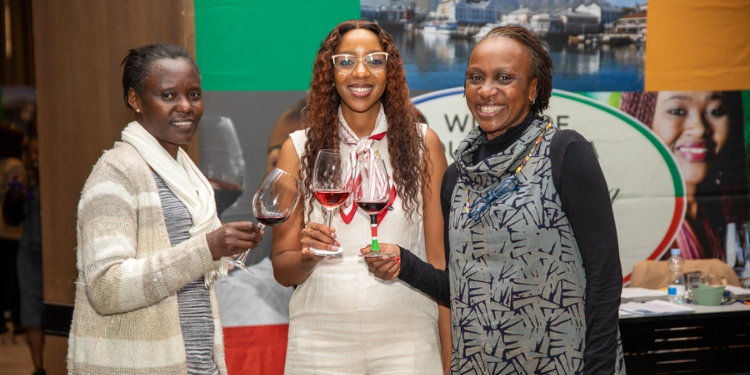
Wines of South Africa in Kenya
The Nairobi tasting served as a platform to spotlight the growing availability of South African wines in Kenya, with distribution through key partners such as Domaine KE, Wine Router, Under the Influence, The Wine Shop, and Wow Bev.
These partnerships bring South African varietals—including Chenin Blanc, Chardonnay, Cabernet Sauvignon, and Pinotage—within reach for both new consumers and seasoned wine lovers.
Part of the success in WoSA’s market development strategy in Kenya has been its emphasis on wine education.
Also Read: Why Kenya’s Wealthy People Have Slowed Down on Luxury
The organization offers free online Level 1 and Level 2 wine certification courses via its website—tools designed to build grassroots expertise among hospitality professionals and wine-loving consumers alike.
“We want people to approach wine with appreciation, understanding, and responsibility. This is about positioning wine not just as a product, but as a lifestyle that deserves respect and knowledge,” added Mbatha.
Kenyan sommeliers have taken part in international competitions in South Africa, with WoSA serving as a bridge to global industry platforms and mentorship opportunities.
Role of Africa Continental Free Trade Area
WoSA’s expansion in Kenya is part of a larger strategy to tap into intra-African trade.
The event’s organizers expressed confidence in the Africa Continental Free Trade Area (AfCFTA) as a catalyst for liberalizing wine movement across borders.
“That agreement will allow the subsequent free flow of goods, driving intra-continental trade. We see wine not just as an export item, but as a shared cultural and economic opportunity for Africa” Mbatha added.
Looking ahead, WoSA plans to replicate its educational and promotional activations in other African markets, using Kenya’s success story as a blueprint.
Follow our WhatsApp Channel and X Account for real-time news updates.




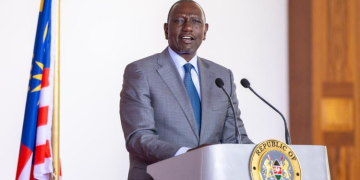


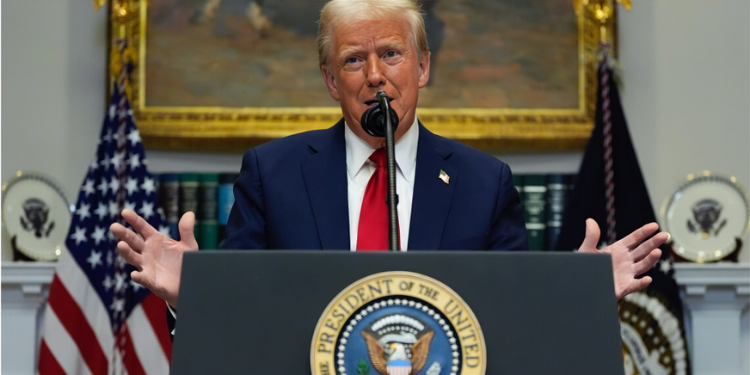


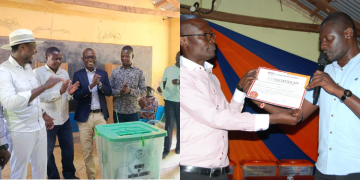










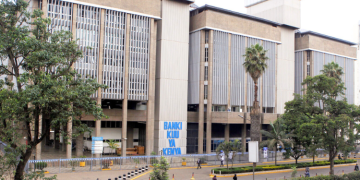
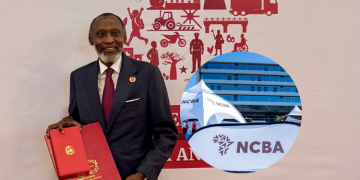


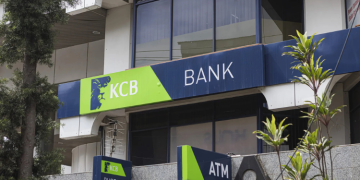














































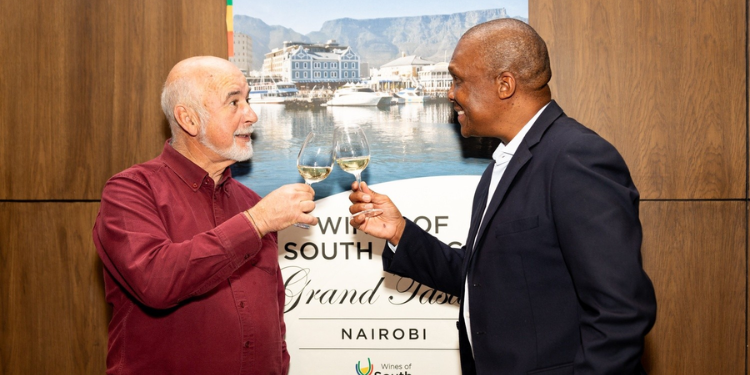




Thank you for eye opening article on the wine market in Kenya. I am happy to learn that wine from SA has taken centrepoint as this speakscto the African rennaissance.
I am the founder of Sesfikile wines and i would like to partner with Kenyan wine business owners to further trumpet the African reconnection.
I am lookimg for importers to sell our awatd winning wines and inspire the generation into .